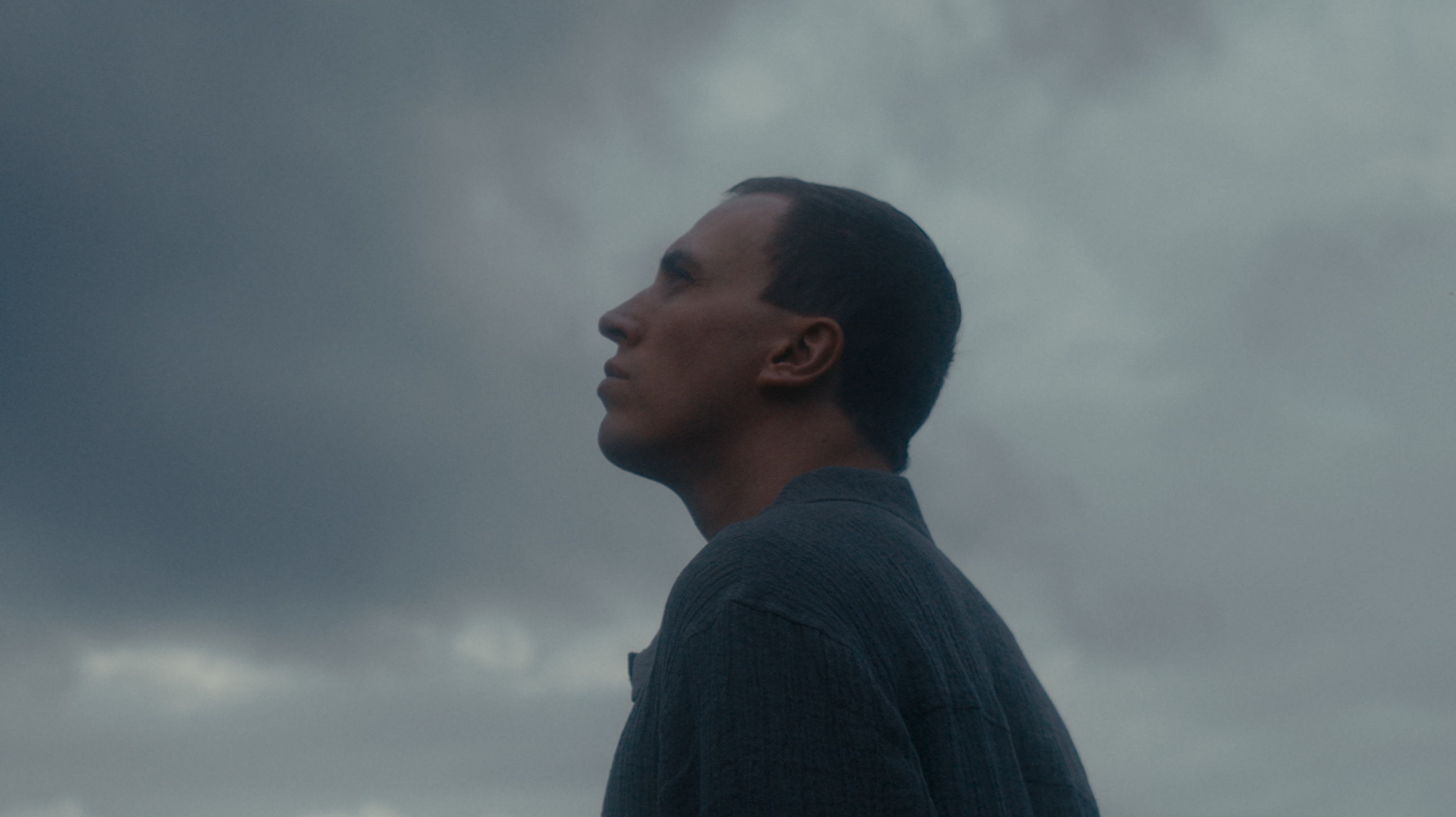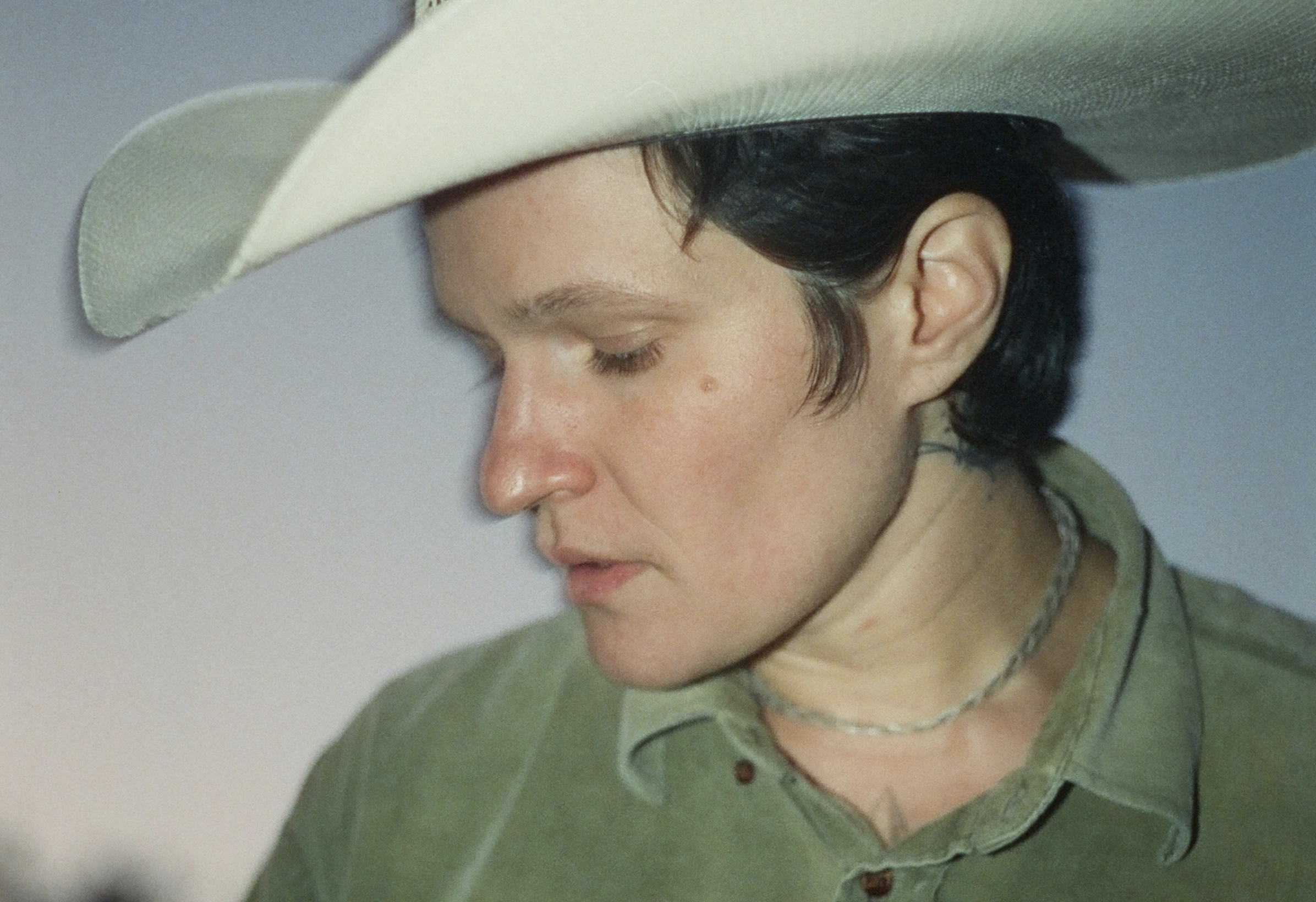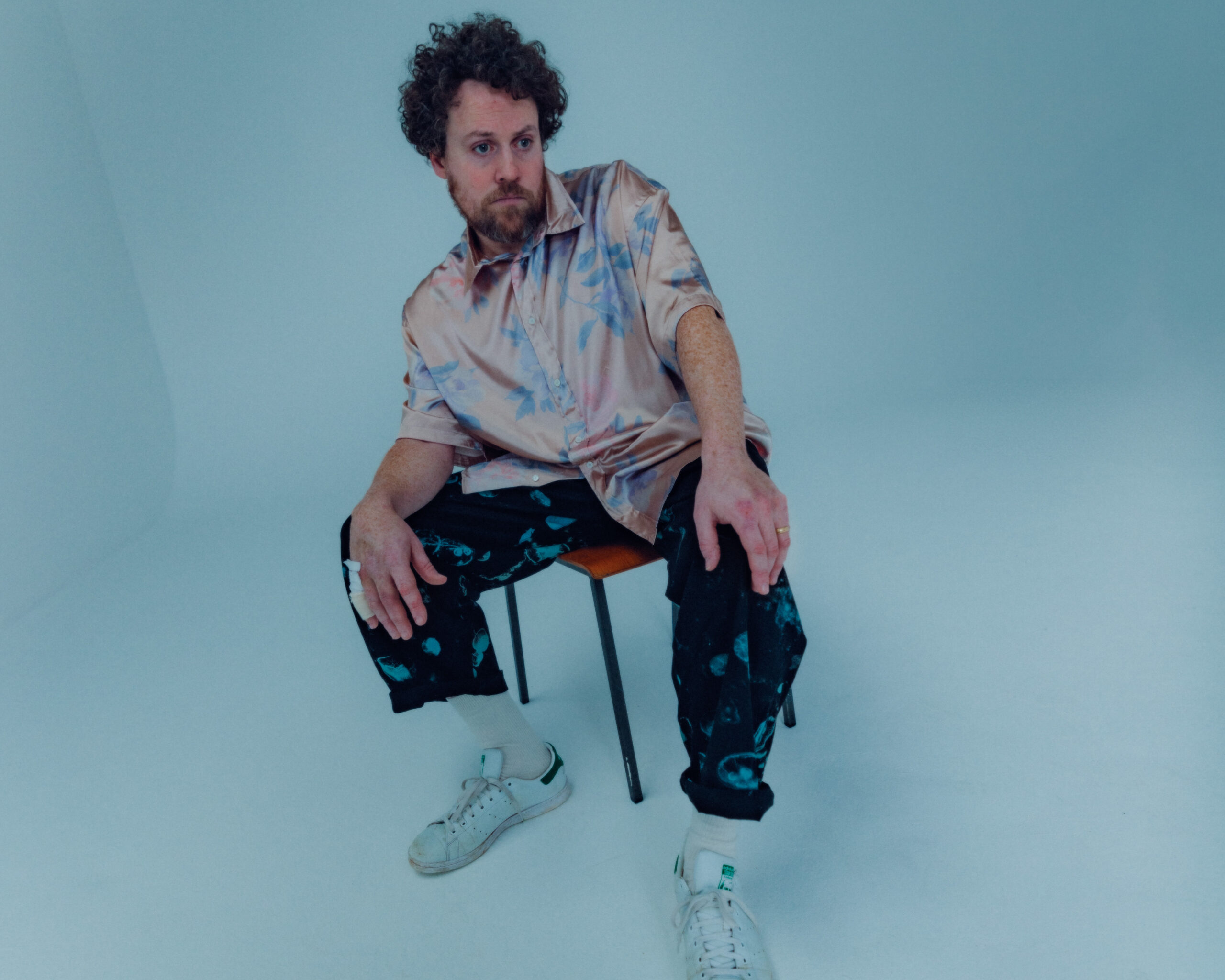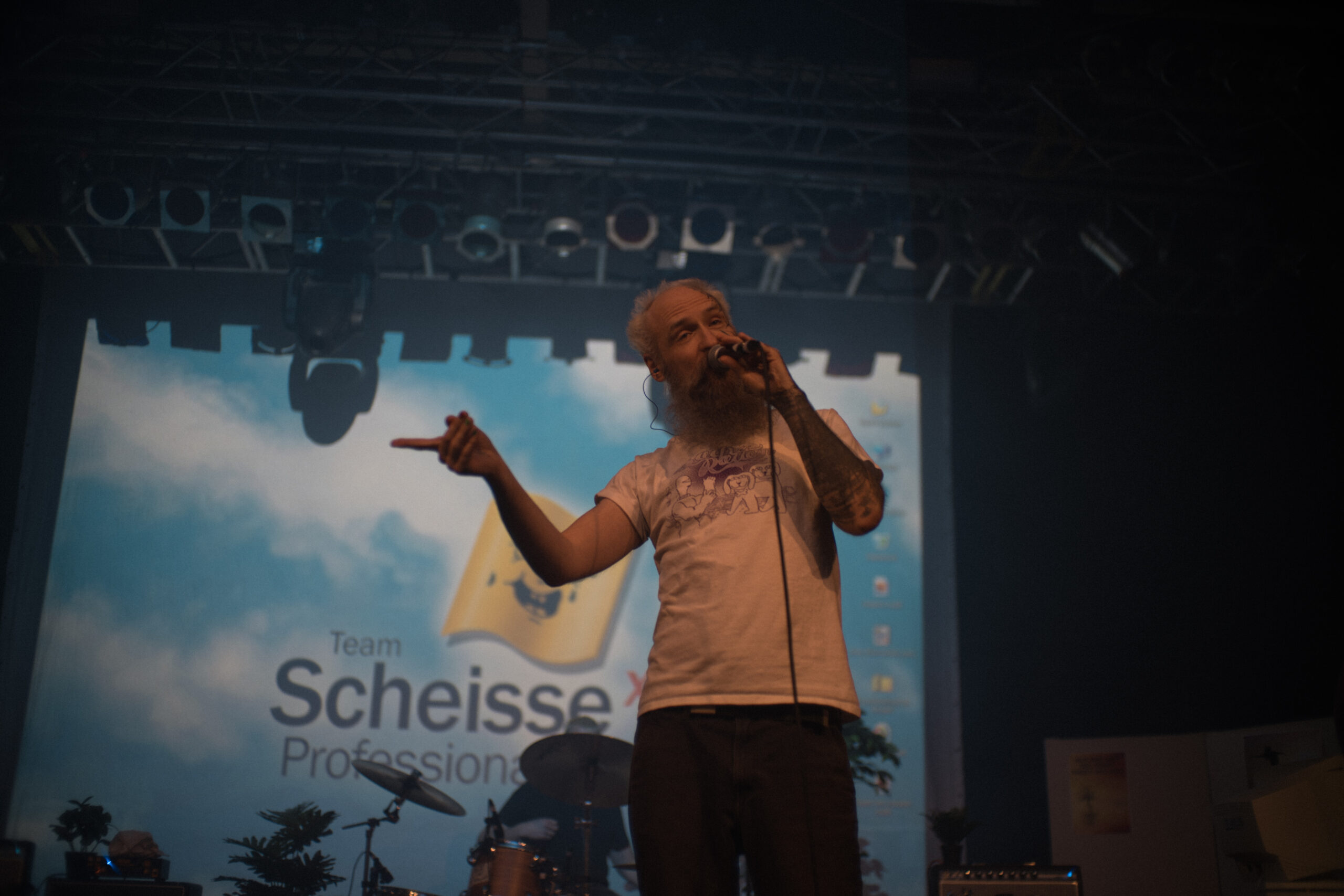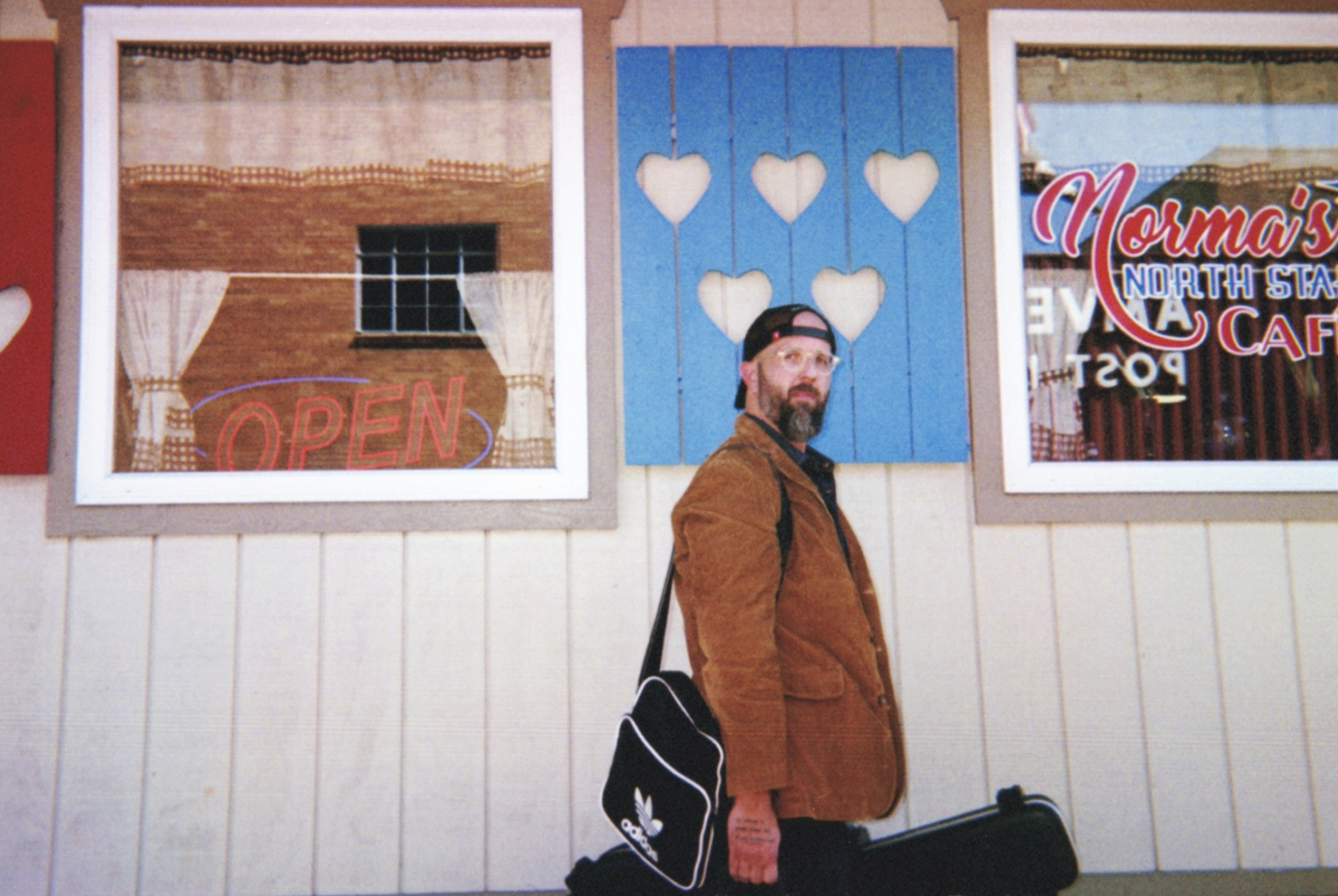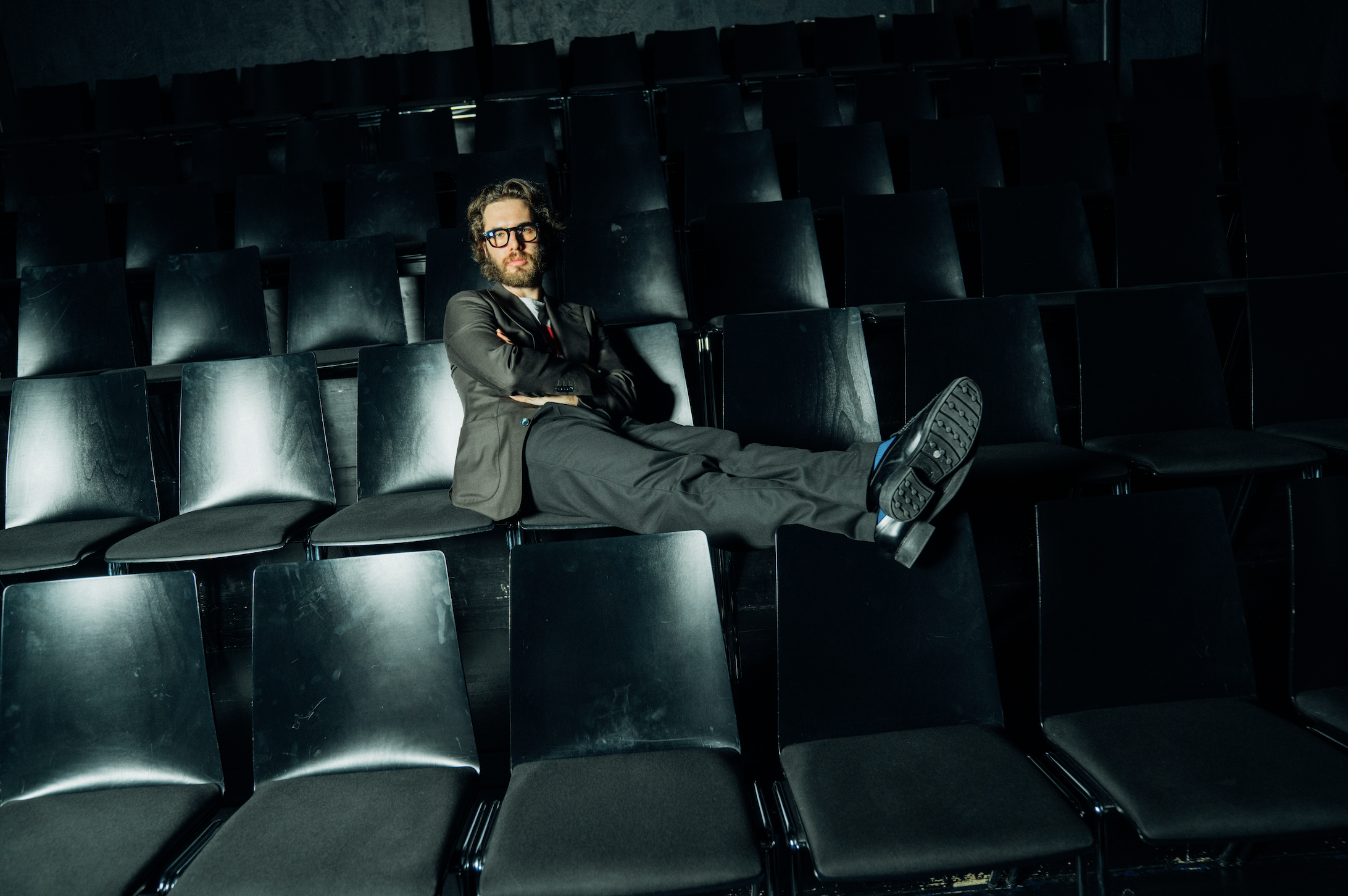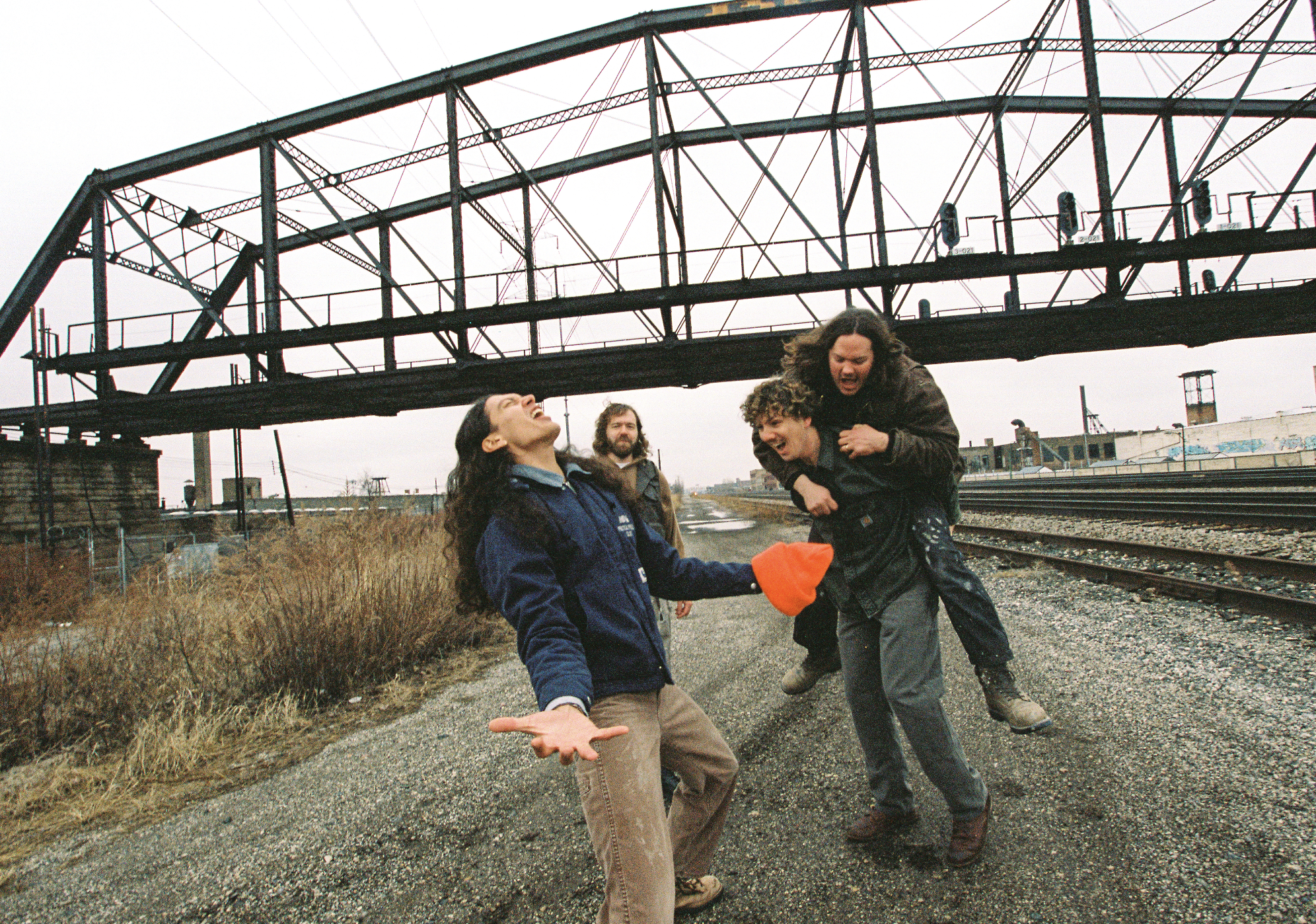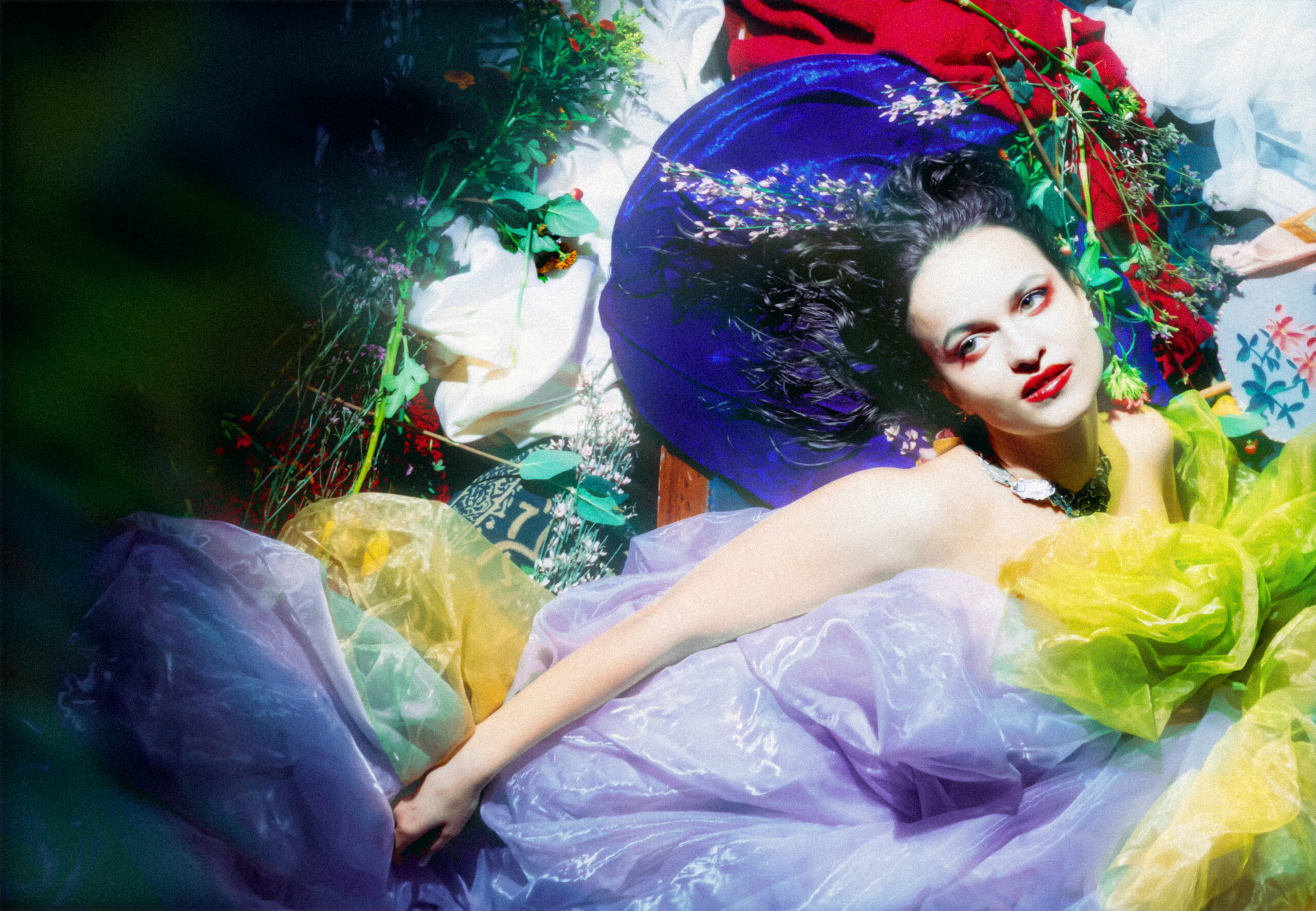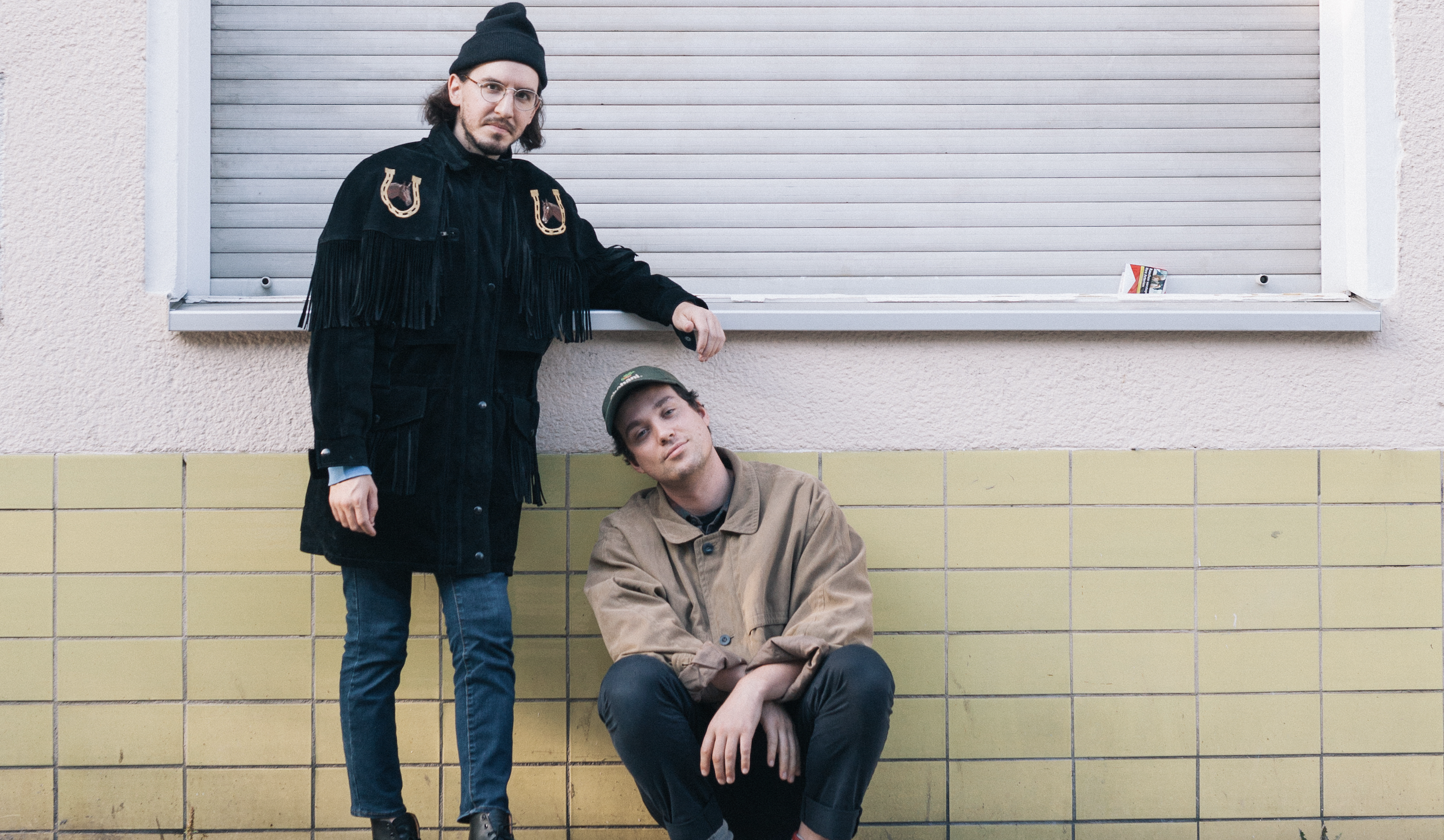Foto-© Pia Henkel
Montreal war mal das neue Seattle. Mitte der Nullerjahre machten Arcade Fire, Stars, Wolf Parade, Patrick Watson, The Besnard Lakes oder Thee Silver Mt. Zion Memorial Orchestra die Stadt zum Indie-Mekka. Inzwischen ist der Hype abgeflaut, dafür hören wir eine Band aus Montreal, die jetzt eine Verbindung nach Seattle aufgebaut hat. Junior, das dritte Album von Corridor, erscheint bei Sub Pop, dem guten alten Grunge-Label.
Natürlich sind die Label-Leute im Nordwesten der USA nicht stehengeblieben. Das Signing einer frankophonen Band, die 60s-Beat, Post-Punk, Jangle-Pop, Sonic Youth oder Indochine gut findet, kommt trotzdem überraschend. Tonangebend sind zwei Gitarristen mit Faible für zirkulierenden Klingelklang. Der Gesang ist zurückgenommen, Melodien schweben sanft im Hintergrund. In den Texten kommen hübsche Alliterationen und Reime vor („Parti partout, partys, partouzes, voler pour tout, parler par coups“).
In Berlin stellen sich Sänger/Gitarrist Jonathan Robert und Sänger/Bassist Dominic Berthiaume den Fragen zu Corridor. Letzterer fällt mit einem hellblauen Sweatshirt aus der Zeit der Olympischen Spiele in Calgary 1988 und einer befransten schwarzen Wildlederjacke mit Pferdeabzeichen auch modisch auf. So geht Canada-Style.
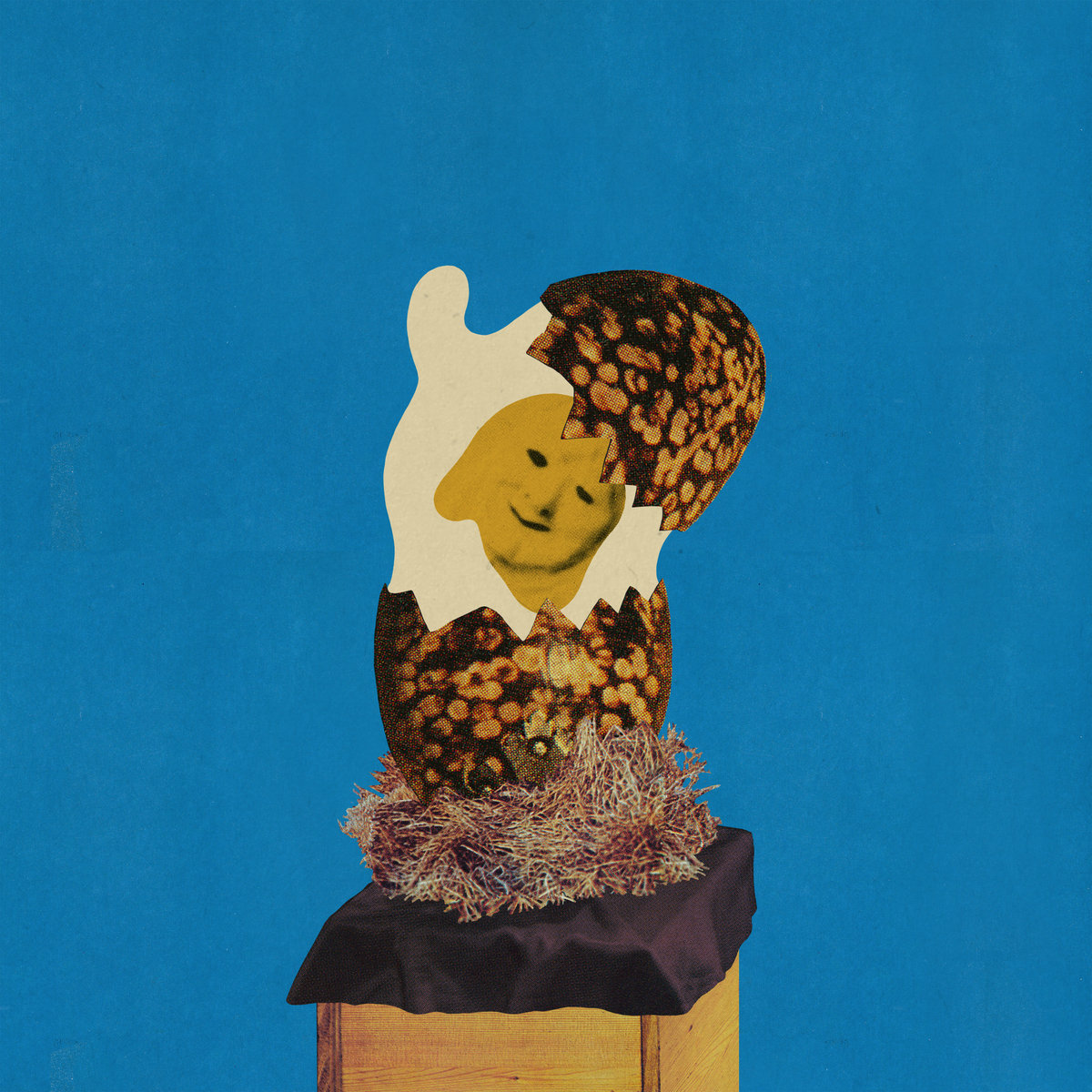
How did it all start for the band?
Jonathan: We know each other since we were 12 and started to make music together bit by bit. We always had a band and played live after school.
Dominic: Corridor started in 2012 and I joined them in January 2013. We worked all year composing and playing and experimenting. Our first EP came out in November 2013.
Jonathan: It took some time to find out what we wanted to do. At first it was chaotic, we had all these ideas that came at once. The song Quel Quoi is very repetitive with a riff that goes on over and over and builds up. It brought up a hypnotic aspect that we really like.
Dominic: We did get a strong response from the audience for the song during live sets. Even for us it was a revelation. We‘ve realized this is something we can go for.
The twin guitar sound is an important aspect in Corridor. Not every indie band is fond of it.
Jonathan: The first jams of the band before Dominic became a member was just with me and the other guitarist Julian Perreault and the early drummer. It was like a call and response thing between us. We didn‘t know any theory and notes. When you listen to our first EP and the following stuff, you can hear how we tried to emulate something unconsciously. It‘s really normal for every band, I think. Fortunately we‘ve been able to continue and found our own thing.

How did the more well-known bands from Montreal influence you, people like Arcade Fire, Patrick Watson or Godspeed You! Black Emperor?
Dominic: We didn‘t live in Montreal when the whole Arcade Fire thing started. We were born in the suburbs of Montreal, maybe 30 minutes away from the centre. We moved to the city 13 years ago. With Patrick Watson it was different. I discovered him when I was in Montreal and got really obsessed with his stuff. But I‘m pretty sure his music didn‘t influence us. It was things happening in younger DIY scenes that we found appealing, also artists from Calgary in the west of the country like Chad VanGaalen and the band Women or Dog Day from Nova Scotia. A lot of musicians have moved to Montreal throughout the years, it‘s one of the biggest cities in the country and also one of the cheapest to live in when you don‘t want a normal job and focus on art. Montreal is also a great location for touring, you are close to New York and many major cities in the US.
Jonathan: We like music that has got a nostalgic aspect to it, but we don‘t want to be too specific. It‘s not our intention to be a psychedelic band, although we like things in that style. The same goes for post punk. We don‘t want to be clustered in a jar.
Dominic: When I read articles about Corridor, people said we sounded like this band or that band, but often I didn‘t know the names mentioned. I wasn‘t familiar with anything by The Feelies. People also said we sounded like early R.E.M. For me they‘ve been the band that did Everybody Hurts, so I said: What? Then I listened to their EP Chronic Town for the first time and it all made sense.
How many records by NZ label Flying Nun do you own?
Dominic: I‘ve got albums by The Clean and The Courtneys, one by The Chills, two by The Bats, one by Sneaky Feelings.
Jonathan: He really is a record collector, he owns a lot.
Dominic: Some of the records I mentioned are on tape, some are on LPs. Sometimes they‘re expensive or too hard to find. Sometimes you can find a cassette for the quarter of the price, so I go for the cassette. I started to buy cassettes maybe seven years ago. I went to local shows and wanted to support the bands, but they didn‘t have CDs or shirts. They only had cassettes. At a certain point I had 15 or 20 tapes but no tape deck, so I bought one and I found out that the sound on them wasn‘t as bad as I remember it was in the 90s.
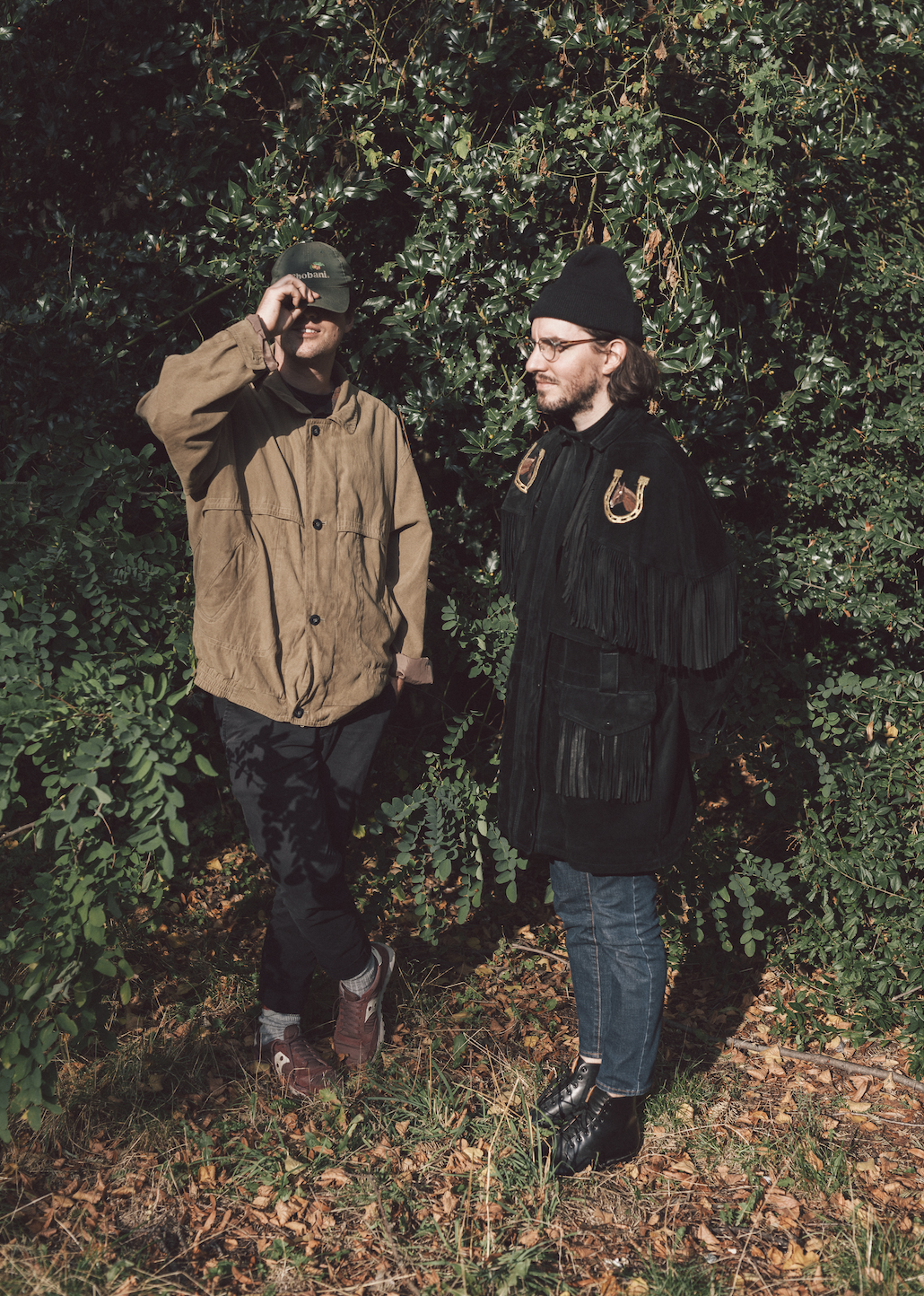
Dominic, you are playing a Höfner bass, made by a German company. Paul McCartney loves them very much. Why do you prefer this old-school-type of bass guitar?
Dominic: I‘ve never really been a gear freak. I didn‘t have any knowledge of bass guitar types or brands very much. I just knew major names like Fender or Gibson. When I joined Corridor I recorded the first EP with my old Fender Precision with active pickups on it (Jonathan laughs) and it sounded really bad. At the third or fourth show I still played the bass live, but during that evening I met a member of another band and he said I should change the bass because the one I‘ve got wouldn‘t fit to the sound of the band I‘m in. And I thought: Yeah, you‘re right.
Jonathan: It‘s a nice warm sound and it‘s not too bassy at the same time, we like that bright sound a lot.
Dominic: Right before recording Le Voyage Éternel, our first LP, we met this guy Emmanuel Ethier, who has also produced our other albums. I asked him before we entered the studio what kind of bass would sound good in this band and without hesitation he said I should buy a Höfner. I went on a site where people are selling used stuff and I found a Höfner for quite a reasonable price. From then on I recorded a lot of the music with that bass. It‘s just that it‘s got that particular tone that doesn‘t sound like anything else. The bass sound is rich, not too high, warm and comfortable.
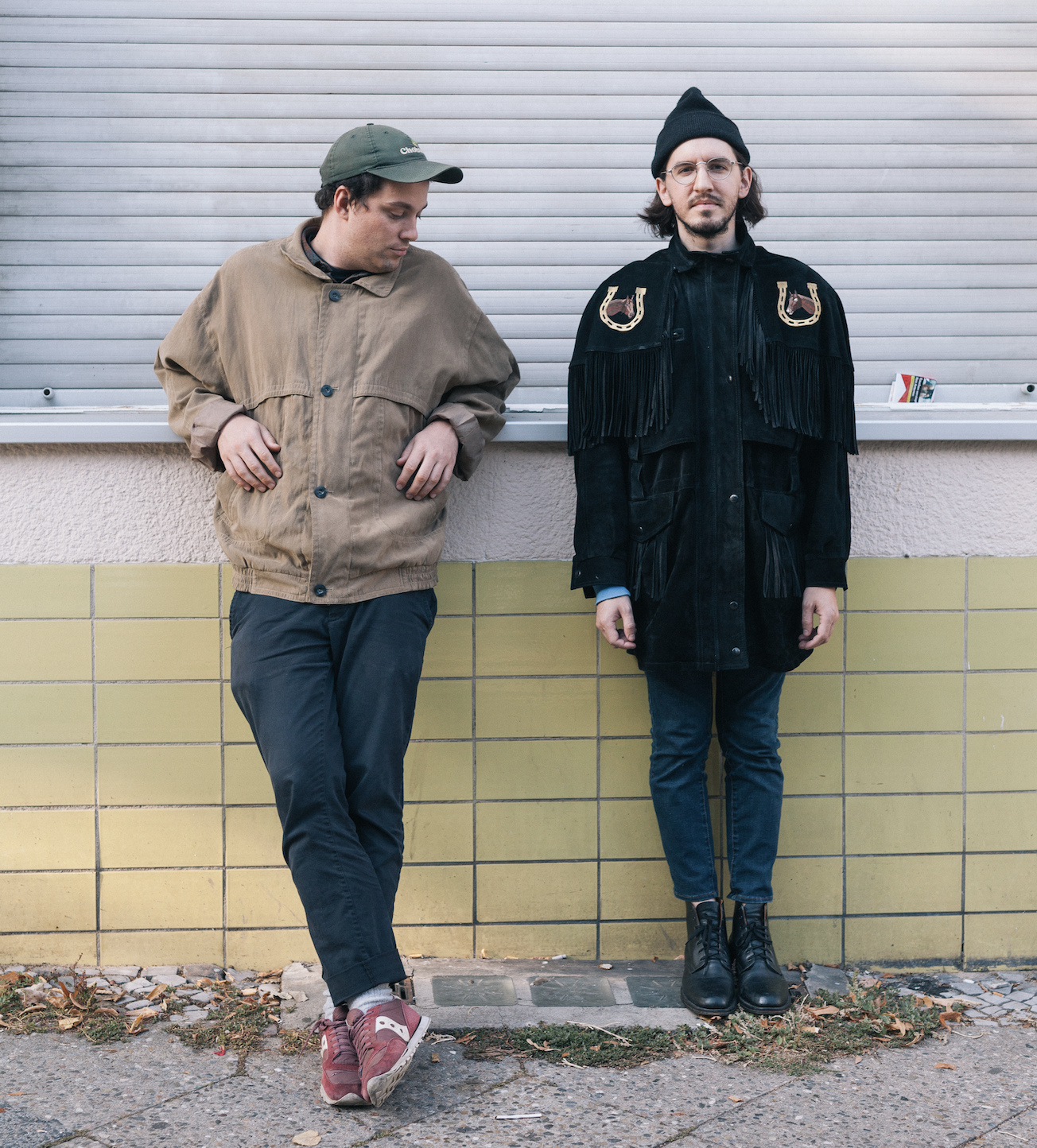
Your new album is called Junior.
Jonathan: It‘s kind of an inside joke or tribute to Julian, our other guitar player. Me and Dominic don‘t know anything about music theory, but Julian is the one who‘s got knowledge in the band. He‘s learned jazz music in school, he knows what he‘s playing (laughs). There are other things about him as well…
Dominic: Once we played a show in Quebec City which is two and a half hours away from Montreal. To do this show we borrowed his parents‘ car. We played the show, everything was fine, we went to sleep. The next morning Julian wakes us up and asks: Have you seen my pants? Maybe twenty minutes later we find his pants down the stairs of the apartment where we were staying in. The pockets were empty. The keys of the parents‘ car have been in these pants, and the library card was in there too. The car keys were stolen, so he had to call his parents to ask them to drive five hours to bring us the keys of their car and bring us back to Montreal. It‘s a funny and tragic little story, perfect for us.
Jonathan: Certain things in life are sad but in the end you laugh about them.
How did you get in touch with Sub Pop?
Dominic: This time everything started with demos for the songs Junior, Topographe, Domino and Microscopie. We‘ve sent them to our tour manager who said: Can I send them to people I know? We said sure. Two weeks later he calls us and says: Guys, you know we have a show in New York in two weeks time, two people from Sub Pop are coming from Seattle to see you. Okayyyyy…I thought. We played the show in New York, they saw us and liked the music and a couple of days later they‘ve sent the record deal through e-mail.
Jonathan: We didn‘t expect that to happen, we were totally surprised. We never thought a label like that could be interested in us since we‘re singing in French, which is not the norm on the continent.
What kind of reaction do you get in the US when you go there and sing in French?
Dominic: It‘s strange, they don‘t really talk about it.
Jonathan: We hear more about the language difference locally in Quebec and in France than elsewhere in the world. Last time we toured in the US we went to Nashville. People went crazy and were crowdsurfing, one guy had a tattoo of our artwork.
Dominic: We get asked a lot of questions in Montreal and in France about the use of the French language, whether it is an handicap. They seem to think there are problems because of a language barrier. It‘s weird because people in other countries don‘t speak much about it.
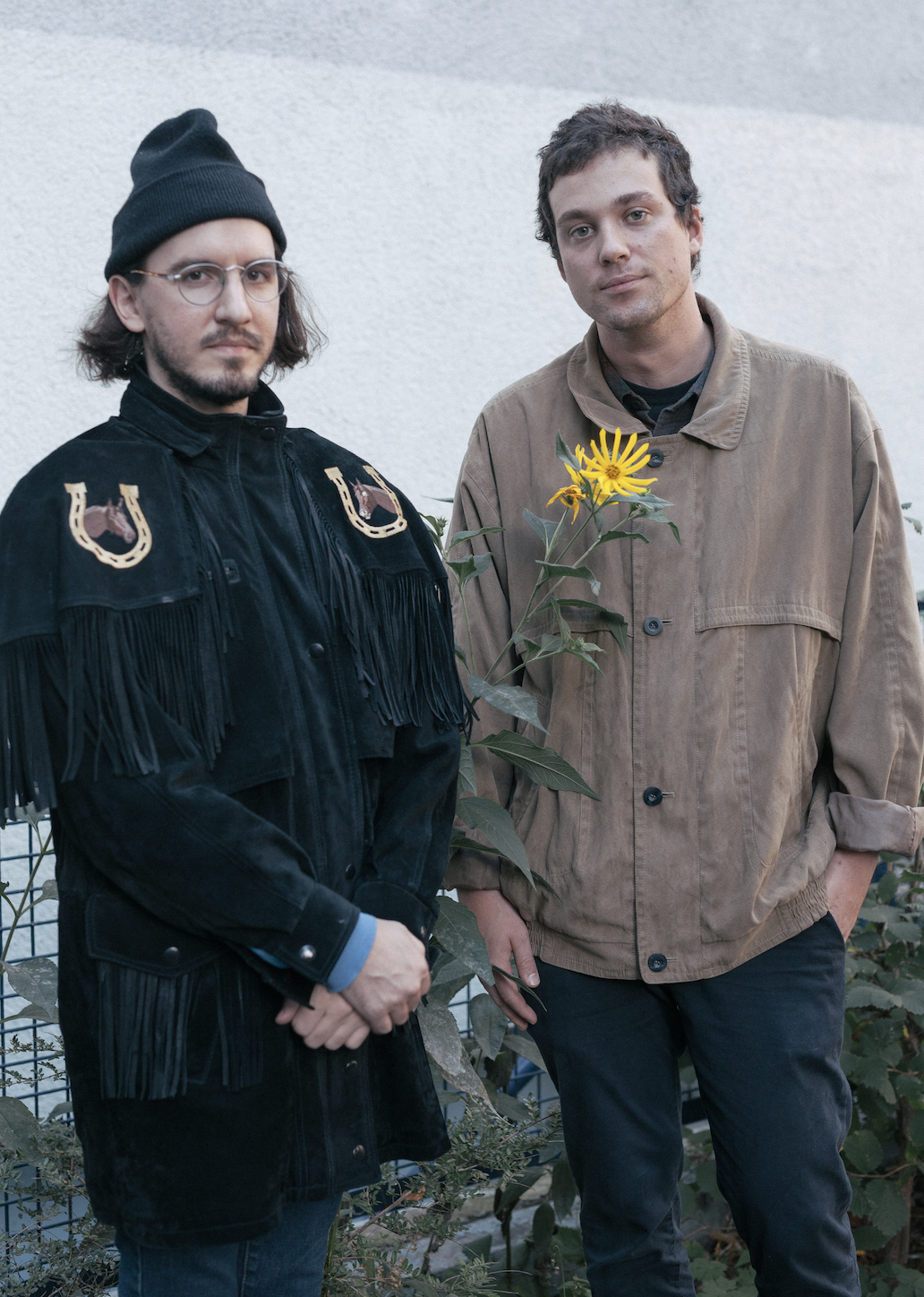
In the mid 90s there was a referendum about independence of Quebec. Nearly 51% voted against it. What‘s it like today? Is separatism still a big discussion point in your home state?
Dominic: Talk about independence in Quebec started in the 60s and 70s. There was a first referendum in 1980, I think, and the Parti Québécois lost. After that there was big disillusion. In 1995 I was nine years old, too young to understand it.
Jonathan: I remember the campaign, there have been discussions in the family. There were signs in the city that said NON in capital letters.
Dominic: I was asking people in a friendly way in the street whether they go for oui or non. Back then at that age I thought in was an entertaining thing, not a serious subject (laughs). I didn‘t know what it meant.
Jonathan: Nowadays the separatist movement is divided in left and right-wing groups.
Dominic: The Parti Québécois is still going. Since 1995 the separatists are leaning more to the right wing. They‘re saying let‘s keep Quebec real, white and francophone. Let‘s keep it French. There‘s another separatist party that wants to control Quebec‘s resources but everybody is welcome for them, including refugees. Presently there is a big law that was passed by the current government that is against religious signs in public and working places.
Jonathan: (appalled) That‘s so bad!
Dominic: Nowadays when you‘re a teacher you cannot wear a headscarf in school. It‘s not allowed anymore. It‘s a sad era for politics. But to come back to Corridor: The French language is not a political tool for us.
Jonathan: It‘s the language we‘re comfortable with, we love to use it, it‘s easier to use the vocabulary. We don‘t want to bring the vocal lines too much upfront like a singer songwriter who has got something to say. Of course the lyrics are important but it‘s not the main thing for us. We try to use it as an instrument, not too upfront in the mix.
Dominic: Let the guitars talk. It‘s more peaceful.
Corridor Tour:
08.11. Hafenklang, Hamburg
09.11. West Germany, Berlin


